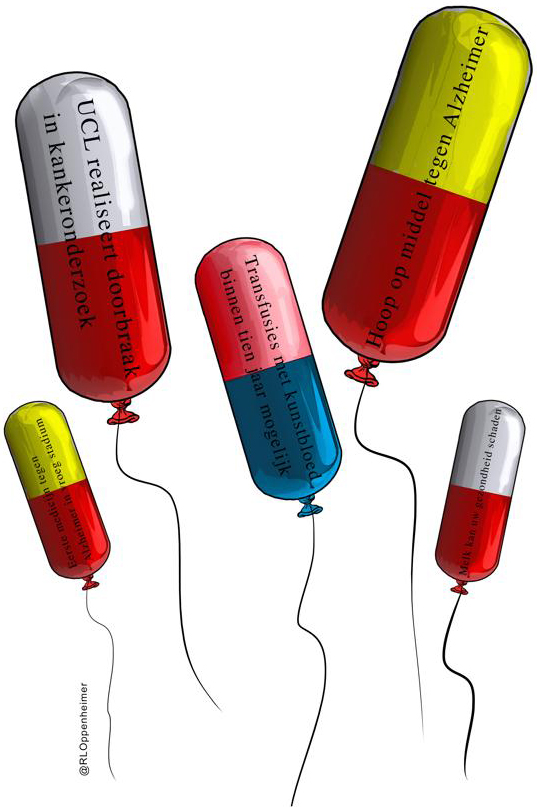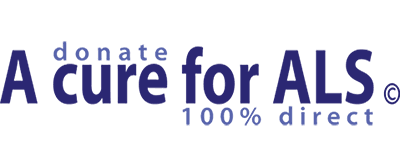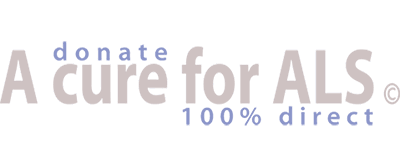‘Scientists’ reports too early and too sensational’
19-05-2015
Colleagues are calling each other to account
‘Scientists’ reports too early and too sensational’
By our editor Maxie Eckert
A wonder drug, a breakthrough, a cracked code: newspapers and websites don’t shy away from superlatives when reporting about health. A group of scientists from KU Leuven asks for more restraint – from both journalists and their colleagues.

‘Universities use press releases to trump each other’
‘If you were to believe the media, Alzheimer would have been cured four times already and ten cures for cancer would have been discovered.’ Erik Schokkaert, professor of economics at KU Leuven, deplores the way research on diseases and food are presented in the media. He and thirteen colleagues from other faculties appeal to the media, researchers and staff from news agencies to communicate more carefully.
Universities should hold off on announcing the results of medical research until an actual treatment is possible, in order to avoid raising false expectations, sais Metaforum, an interdisciplinary think tank at KU Leuven, in their press release.
Replacing sensational headlines by no news at all about what scientists are up to in their laboratories? ‘That is perhaps a bit too strong’, admits Schokkaert. ‘But scientists do believe that research is being reported too soon and too sensationally. The fault doesn’t just lie with journalists. Universities are competing with each other, they all want to distinguish themselves as important research facilities. Their press releases are formulated accordingly.’
Peter De Meyer, spokesman for UAntwerp, somewhat agrees. ‘As a university, we want to attract the best students. This only becomes possible if you communicate about your scientific achievements. Moreover, it is our responsibility to communicate about the research conducted with taxpayers’ money.’
‘Many studies are essential. To write our press releases, we try to look for a connection with real life – a future application in cancer research for example. Otherwise it just won’t be noticed. We do however realise this method may lead to sensational headlines.’
Media training
According to Marleen Finoulst, physician, editor of the magazine BodyTalk and co-founder of gezondheidenwetenschap.be, patients suffer the most from these reports. ‘I remember a patient with a serious condition. During a seminar she told us she had stopped listening to the radio, because she was fed up with these so-called breakthroughs in the research into her condition.’
‘I believe scientists should receive more communication training, so they can explain the results of their research better. Moreover, journalists should become more critical of scientists, just as they are of politicians.’
Schokkaert and his colleagues at Metaforum also agree on media training for scientists. ‘It is important that researchers learn how to communicate about their research, that they don’t present their findings as the ultimate truth, bus as a work in progress. Even if people don’t like to hear this.’
For the full report of KU Leuven on scientific communication, click here (Dutch).
Verwante artikels
- 17/03/2015 – Researchers advocate ban on public advertisement (Dutch)
Op de nieuwssite
- Yesterday 03:00 If they themselves say so (Dutch)
Source: De Standaard


